FTC To Challenge Microsoft-Activision Deal Approval
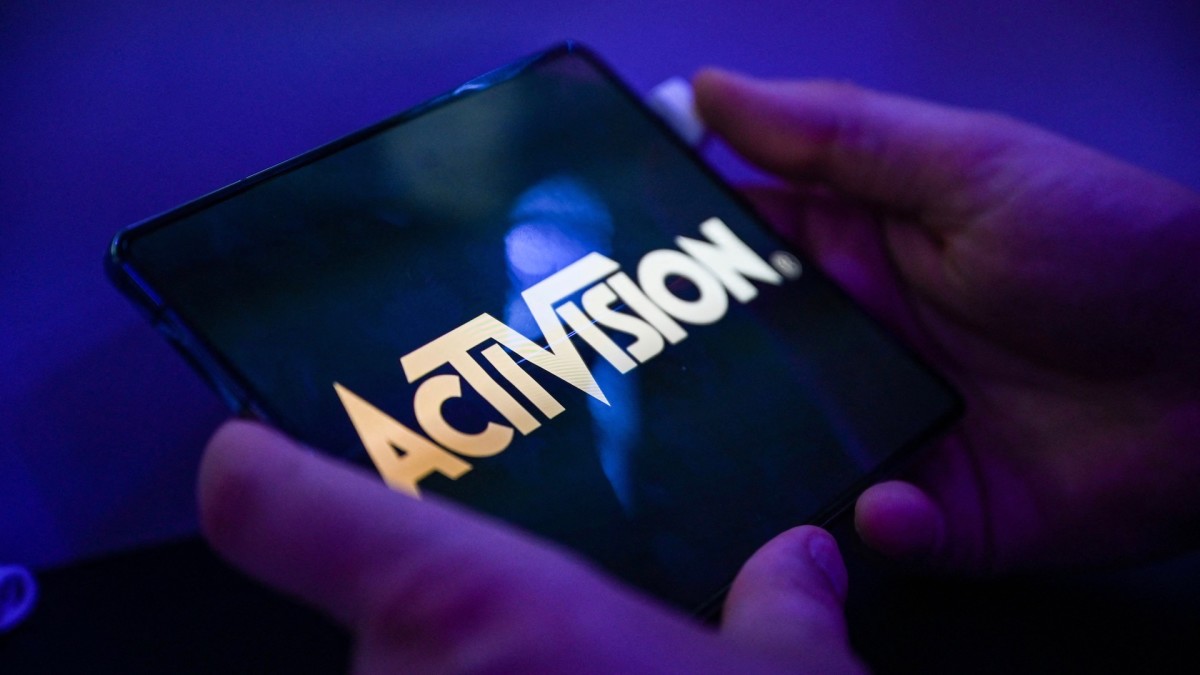
Table of Contents
FTC's Concerns Regarding Competition
The FTC's challenge to the Microsoft-Activision merger centers around concerns about reduced competition across multiple sectors of the gaming market.
Reduced Competition in the Console Market
The FTC argues that the merger would significantly reduce competition in the console gaming market, giving Microsoft an unfair advantage. This is largely fueled by concerns over the fate of Activision's flagship title, Call of Duty.
- Microsoft's potential to make Call of Duty exclusive to Xbox: This would significantly impact PlayStation users and potentially push gamers toward the Xbox ecosystem. The loss of a major franchise like Call of Duty could cripple competition, severely harming Sony's market share.
- Limited choice for gamers and reduced innovation due to lack of competition: A less competitive market often leads to less innovation and higher prices for consumers. Without pressure from competitors, Microsoft might be less inclined to prioritize game quality and player experience.
- Impact on other game publishers and developers: Smaller game publishers might face increased pressure from a dominant Microsoft, potentially leading to fewer independent titles and a homogenization of the gaming landscape.
- Analysis of market share before and after the merger: The FTC's argument rests on analyses showcasing how the merger would dramatically increase Microsoft's market share, potentially creating a gaming monopoly.
Impact on Cloud Gaming
The FTC is also deeply concerned about the impact on the rapidly growing cloud gaming market. Microsoft's Game Pass, combined with Activision's extensive game library, poses a considerable threat to competitors.
- Microsoft's potential to leverage Call of Duty and other Activision titles to exclude competitors: By making key Activision titles exclusive to its cloud gaming platform, Microsoft could effectively shut out other providers.
- The impact on smaller cloud gaming providers: Smaller companies vying for a foothold in the cloud gaming space would be severely disadvantaged by this move, potentially forcing them out of business.
- Discussion of the importance of open cloud gaming ecosystems: The FTC's concern emphasizes the importance of maintaining an open and competitive cloud gaming ecosystem to foster innovation and choice for consumers.
Concerns about Subscription Services
The FTC also highlights the potential for Microsoft's Game Pass subscription service to become even more dominant after acquiring Activision Blizzard.
- How the acquisition could bolster Microsoft's Game Pass, making it even more dominant: The addition of popular Activision titles to Game Pass would significantly increase its subscriber base and attractiveness, making it harder for competitors to compete.
- The impact on competing subscription services: Services like PlayStation Plus and others would face a major challenge in attracting and retaining subscribers if Game Pass expands its already impressive library.
- Analysis of market trends in the gaming subscription market: The FTC's analysis likely shows a growing market share for Game Pass and how the Activision acquisition would further cement this dominance.
Microsoft's Defense Strategy
Microsoft has vigorously defended the acquisition, arguing that it will benefit consumers and foster innovation.
Arguments Against Anti-Competitive Behavior
Microsoft refutes the FTC's claims, asserting that the merger will increase competition, not stifle it.
- Promises to keep Call of Duty on PlayStation and other platforms: This is a key element of Microsoft's defense, aiming to alleviate concerns about exclusivity.
- Claims the merger will foster innovation and expand gaming access: Microsoft argues that combining its technology with Activision's games will lead to better games and broader accessibility.
- Highlights the benefits of combining Microsoft's technology with Activision's games: Microsoft emphasizes synergies between its platforms and Activision's titles, arguing this will benefit gamers overall.
Proposed Remedies and Concessions
To address the FTC's concerns, Microsoft may offer concessions.
- Potential agreements to license Call of Duty to competitors: This would ensure the game remains available on competing platforms.
- Promises to maintain fair access to Activision's intellectual property: This would prevent Microsoft from using its newly acquired properties to unfairly exclude competitors.
- Other potential concessions offered to regulators: Microsoft might offer other remedies to appease regulators and ensure approval of the merger.
Potential Outcomes and Implications
The outcome of the FTC's challenge will have far-reaching consequences.
Impact on the Gaming Industry
The FTC Microsoft Activision deal's resolution will profoundly shape the future of the gaming industry.
- Setting precedents for future mergers and acquisitions in the tech sector: The case will set a precedent for how regulators will approach similar mergers in the future.
- Impact on the development and distribution of video games: The outcome will influence how games are developed, marketed, and distributed.
- Potential for increased regulation in the gaming industry: The case could lead to increased scrutiny and regulation of the gaming industry.
Broader Antitrust Implications
This case extends beyond gaming, holding implications for antitrust enforcement across the tech sector.
- The implications for other large tech mergers and acquisitions: The ruling will impact how future tech mergers are evaluated by regulatory bodies.
- The role of regulatory bodies in overseeing tech industry mergers: The case highlights the critical role of regulatory bodies in maintaining competition in the tech industry.
- Discussion of the evolving landscape of antitrust law: This case reflects the ongoing evolution of antitrust law in the digital age.
Conclusion
The FTC's challenge to the Microsoft-Activision deal is a pivotal moment for the gaming industry and antitrust law. The outcome will reshape the competitive landscape and set a precedent for future mergers. Staying informed about the developments in this FTC Microsoft Activision deal is crucial for everyone interested in the gaming industry and the broader implications for competition in the tech sector. Further updates and analysis of this ongoing FTC Microsoft Activision deal will be vital in understanding its long-term effects.

Featured Posts
-
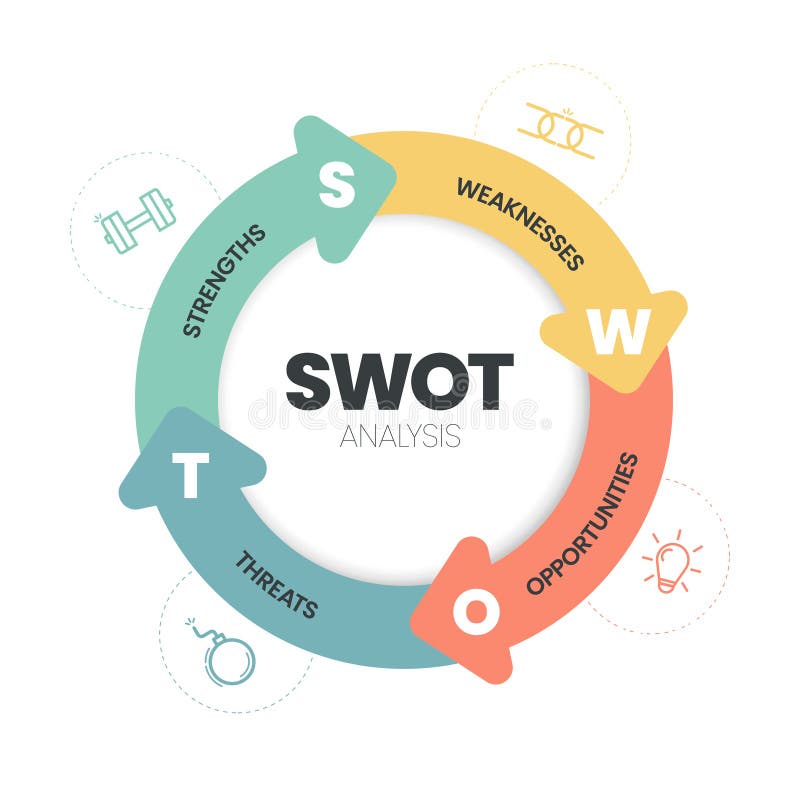 Abn Amro Analyse Van De Sterke Groei In De Occasionmarkt
May 22, 2025
Abn Amro Analyse Van De Sterke Groei In De Occasionmarkt
May 22, 2025 -
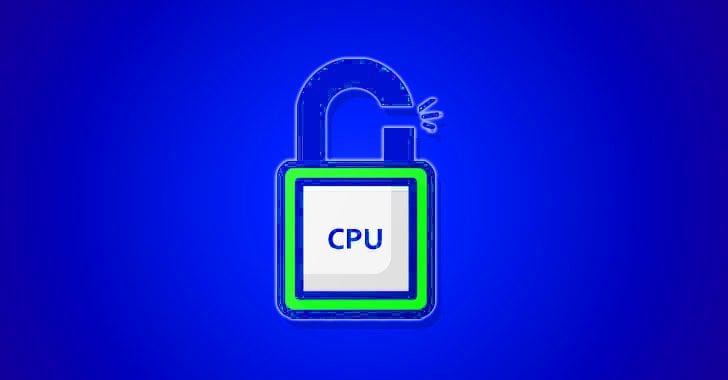 Love And Power The Downfall Of Two Ceos
May 22, 2025
Love And Power The Downfall Of Two Ceos
May 22, 2025 -
 Dexter Resurrection The Return Of John Lithgow And Jimmy Smits
May 22, 2025
Dexter Resurrection The Return Of John Lithgow And Jimmy Smits
May 22, 2025 -
 Zebra Mussel Invasion Casper Residents Boat Lift Overrun
May 22, 2025
Zebra Mussel Invasion Casper Residents Boat Lift Overrun
May 22, 2025 -
 Vybz Kartels Brooklyn Performances A Night To Remember
May 22, 2025
Vybz Kartels Brooklyn Performances A Night To Remember
May 22, 2025
Latest Posts
-
 Taylor Swifts Involvement In Blake Lively And Justin Baldonis Legal Drama An Exclusive Look
May 22, 2025
Taylor Swifts Involvement In Blake Lively And Justin Baldonis Legal Drama An Exclusive Look
May 22, 2025 -
 Blake Lively And Taylor Swift Did A Subpoena Damage Their Friendship
May 22, 2025
Blake Lively And Taylor Swift Did A Subpoena Damage Their Friendship
May 22, 2025 -
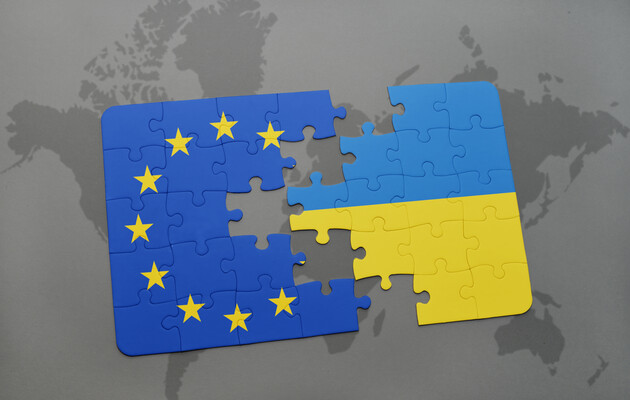 Ukrayina V Nato Otsinka Rizikiv Ta Perspektiv
May 22, 2025
Ukrayina V Nato Otsinka Rizikiv Ta Perspektiv
May 22, 2025 -
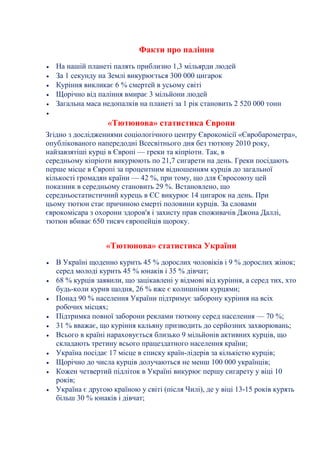 Vstup Ukrayini Do Nato Poglyadi Yevrokomisara Ta Analiz Rizikiv
May 22, 2025
Vstup Ukrayini Do Nato Poglyadi Yevrokomisara Ta Analiz Rizikiv
May 22, 2025 -
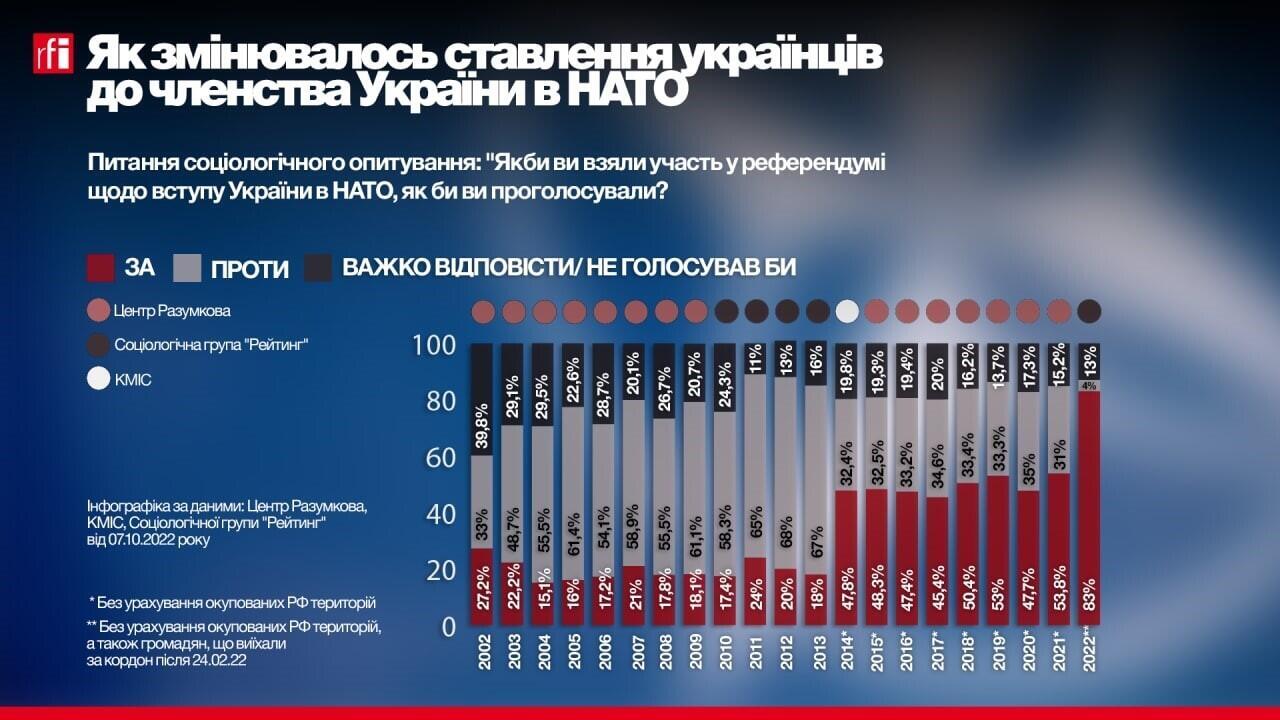 Analiz Pereshkod Dlya Vstupu Ukrayini Do Nato Vid Yevrokomisara
May 22, 2025
Analiz Pereshkod Dlya Vstupu Ukrayini Do Nato Vid Yevrokomisara
May 22, 2025
